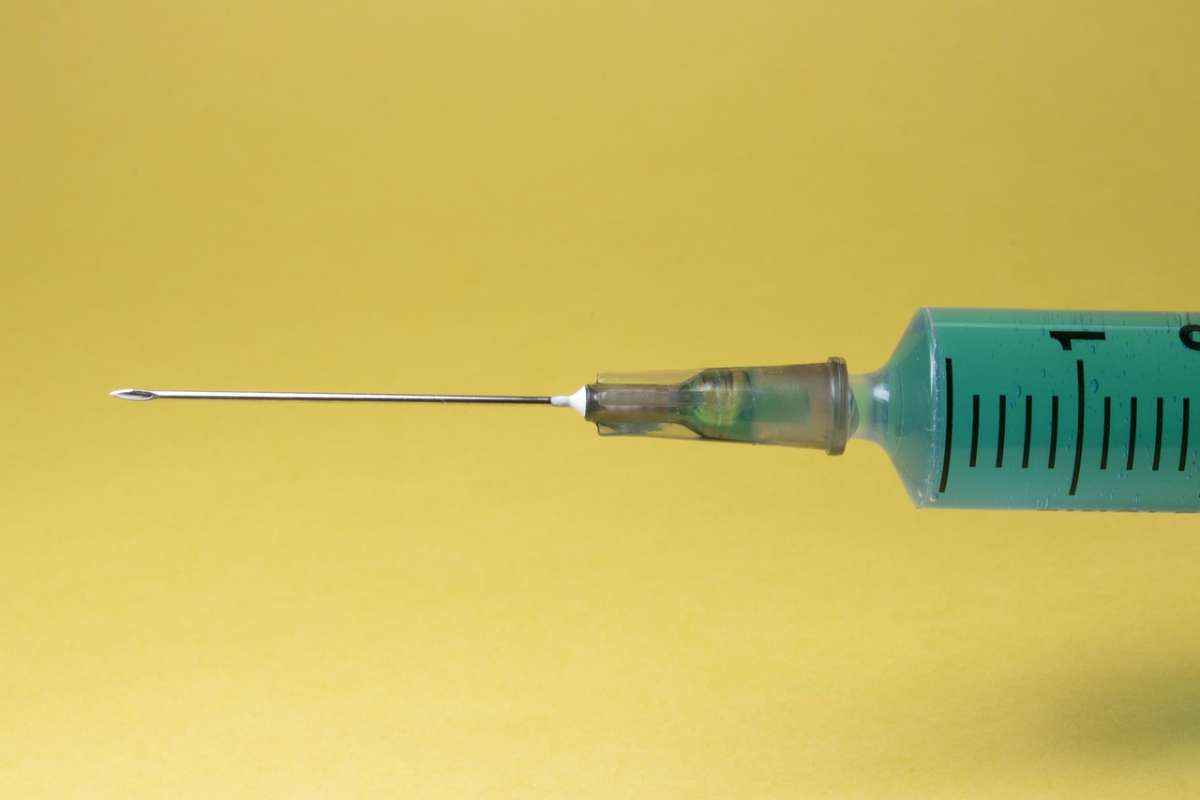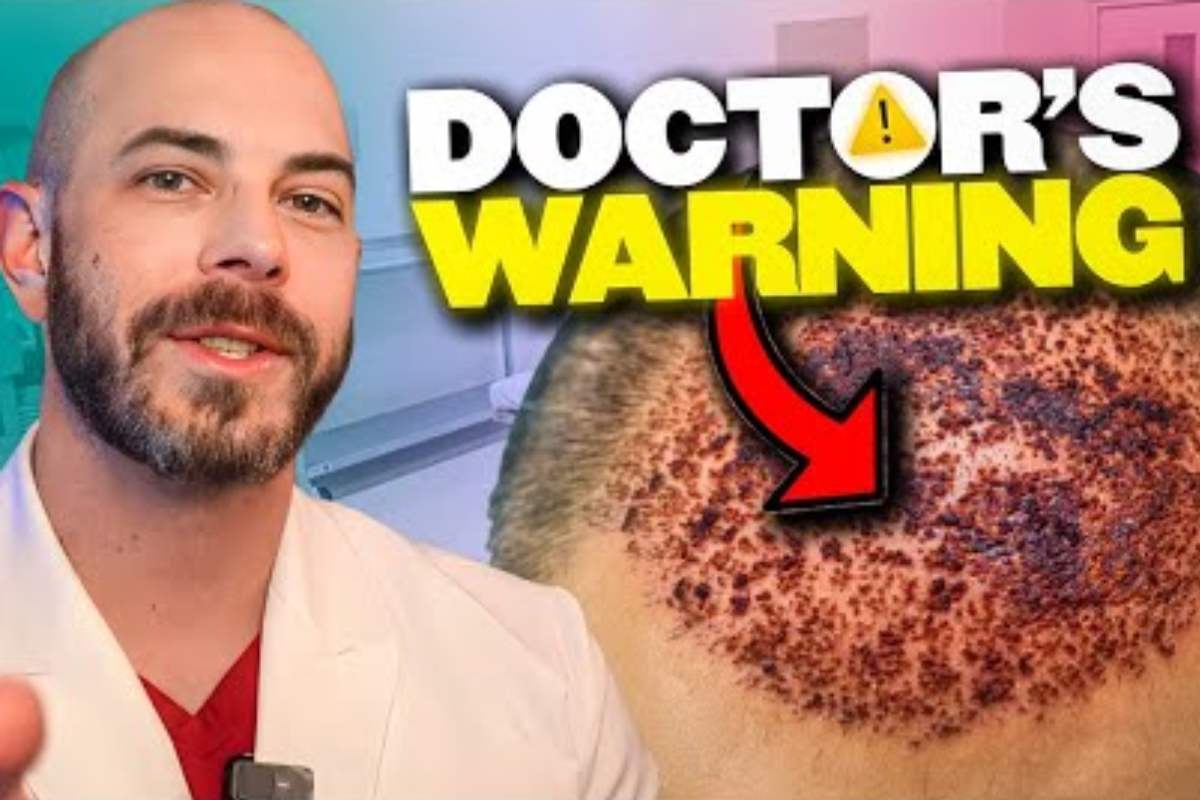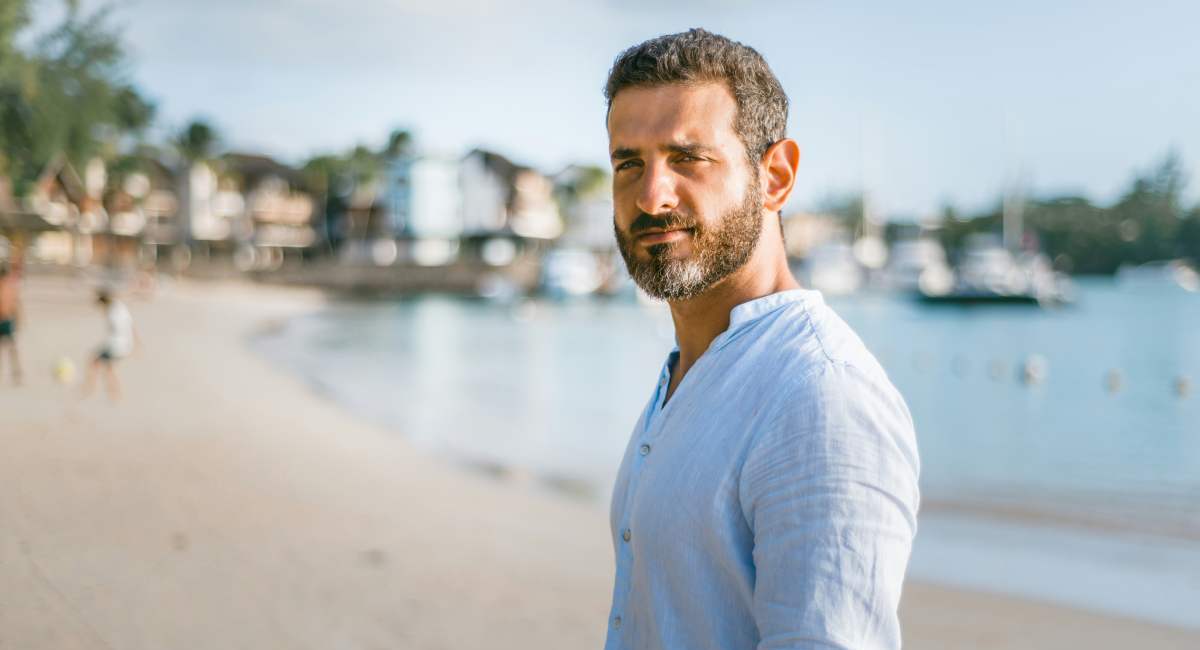At the first sign of thinning or after years of dealing with baldness, many men take to the internet to research restoration options.
First, visit your dermatologist (a better option than your PCP for hair loss), to find out if the problem is rooted in genetics or something else. Your next step is a hair restoration specialist.
A Spark of Hair Transplant Inspiration
Have you heard the myth that balding comes from your mother? Whether your mom passed on the baldness gene or not, maybe she feels so guilty for your distress, she offers to donate hair for the potential transplant. She’d give you a kidney if needed, why not hair? If she was blessed with luscious locks, a person to person hair transplant from mom seems like a great idea!
An Inconvenient Truth—About Hair Transplanted from Another Person
At your appointment, you mention this idea to your hair restoration doctor. How do you think she’ll respond? Every competent hair transplant surgeon in the world will tell you the same thing…NO WAY, NOT POSSIBLE.
Person to Person Hair Transplants and Rejection: It’s Not Just About the Opposite Sex
Why can’t your mom give you a person to person hair transplant of her superfluous strands? One word: “Rejection.” We’re not talking about the kind of rejection you fear from the opposite sex by going bald. We’re talking about organ rejection.
Most people don’t think about hair in the same way they think about a kidney, liver, or heart transplant. Hair is different from those organs, but your body’s immune system can’t tell the difference. To your body, having hair follicles transplanted into your scalp from another person is the same as having any of those other organs transplanted from another person. Your immune system detects foreign tissue and is primed to protect you from invasion.
A Person to Person Hair Transplant Isn’t ‘Immune’ from Rejection
In a traditional organ transplant, or “allograft,” a genetically similar individual (usually a family member) donates tissue or an organ to another person. This is major surgery with huge implications. In the same way the body’s immune system perceives bacteria, viruses, or ragweed pollen as hostile substances, it also perceives a transplanted organ as a foreign invader—an enemy to be destroyed. Without medical intervention, the immune system will reject and obliterate the transplanted organ.
Organ transplant recipients must take powerful immunosuppressant drugs for the rest of their lives to avoid rejection. These medications can allow patients to lead productive, mostly normal lives, but carry serious side effects. The most immediate and pressing of these is a weakened immune system, causing greater susceptibility to infections and cancer. Depending on the type of immunosuppressant used, other side effects include:
- Decreased Blood Counts
- Diarrhea
- Elevated Blood Sugar
- Headaches
- High Blood Pressure
- Elevated Cholesterol Levels
- Kidney or Liver Toxicity
- Nausea
- Osteoporosis
- Poor Wound Healing
- Tremors
- Swelling or Tingling of hands and feet
- Hair Loss / Hirsutism and more
Transplant patients require a lifetime of monitoring with multiple doctors, lifestyle modifications, extreme mindfulness of potential drug interactions, restrictive diets, etc.
Unequal Cost/Benefit Ratio of Person a Person Hair Transplant
Would all this risk be worth it for a better head of hair? The medical community has answered with an emphatic “no.”
While we never discount the emotional and psychological impact of hair loss, the problem is neither a life-threatening condition, nor does it cause incapacitating disabilities. In other words, the risks outweigh the benefit.
If scary side effects didn’t convince you, consider this: If you received a person to person hair transplant AND took immune-suppressing medications, there’s still a nearly 100% chance your body would reject it. Why? Because the antigens (proteins and receptors) that cover every cell in our body are so numerous on the hair graft, they wouldn’t escape detection. You’d likely be left with scarring after the vicious immune attack on the hair.
Hair Transplanted from Another Person Could Trigger ‘Reverse Immunity’
Skin is our first line of immunity and defense against invaders like bacteria and viruses. Hair is what’s called an appendage of skin, meaning it’s an integral part of this essential organ. As such, hair is “self-primed” to recognize and repel invaders. Hair transplanted from another person could actually turn against the host (your scalp), killing normal skin where it’s placed. Basically, hair transplanted from another person could cause a war between your skin and new hair. There’d be no winner in that battle.
A Donor Exception Regarding Hair Transplanted from Another Person
After we’ve done our best to explain why you can NEVER have mom’s hair added to your bald scalp (or anyone else’s), would you believe there’s an exception to the rule? In one documented case, a scant number of hairs were successfully transplanted to an unrelated person.
However, the transplant consisted of dermal papilla cells (a small portion of the hair bulb) from one person’s scalp to another person’s arm. Then, when a few hairs grew, they were quickly excised for genetic testing. We don’t know if they would’ve continued the growth cycle of normal scalp hairs.
An odder exception was noted in 1999 by Italian researchers Piero Rosati, MD, and Antonella Bergamo, MD, in the Journal Dermatologic Surgery. They reported one patient who received a bone marrow transplant and then successfully had a person to person hair transplant from the same bone-marrow donor.
Identical twins are the only true exception to the rule. They are genetically identical and not subject to rejection or the need for immunosuppressive therapy. Unless you have an identical twin, you’ll have to rely on your own donor hair. Unfortunately, an identical twin will also have the same pattern of balding.
Realistic Expectations about Hair Restoration
At the Limmer HTC, we’ve helped thousands of patients achieve enhanced quality of life through a fuller head of hair. It’s important, however, to maintain realistic expectations. We can’t perform a person to person hair transplant on you, but we can guarantee that your results—from whatever technique best suits you—will be natural looking. Contact Limmer HTC today and let’s talk about your individual options for hair restoration.







